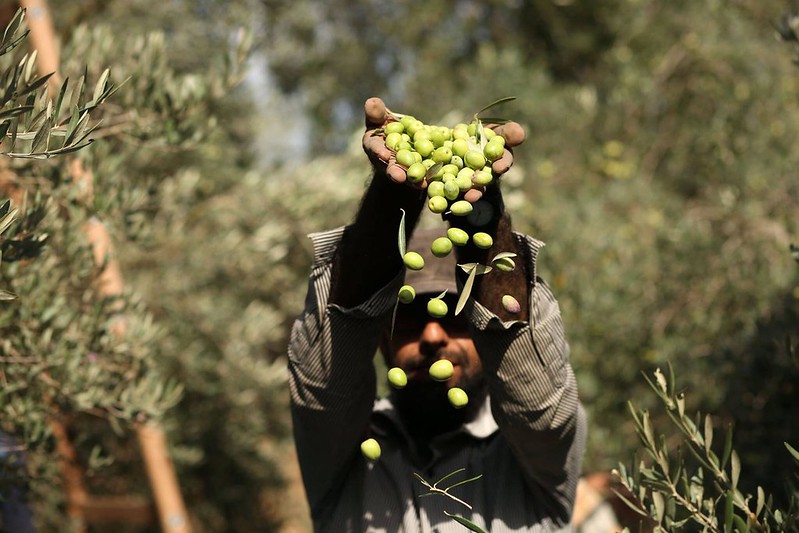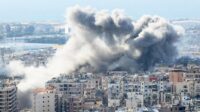The Palestinian olive harvest, a cornerstone of the West Bank’s economy and culture, faces unprecedented challenges. Israeli settlers and military restrictions are disrupting this vital season, leaving farmers grappling with violence, land access restrictions, and economic losses. For many Palestinians, the olive tree is more than a livelihood—it symbolizes resilience and connection to their land.
Context and Background
The olive harvest in the occupied West Bank has been a deeply rooted tradition for generations, contributing over $70 million annually to the Palestinian economy in good years. However, increasing attacks by Israeli settlers and restrictions imposed by Israeli security forces have made harvesting olives perilous. According to the UN, over 96,000 dunums of olive groves went uncultivated in 2023 due to restricted access.
Why the Olive Harvest Matters
- Economic Significance: Olives and olive oil are the backbone of many Palestinian households.
- Cultural Heritage: The olive tree symbolizes Palestinian identity and history.
- Global Recognition: Olive oil from the West Bank is highly valued worldwide for its quality.
Details of the Event
Violent Incidents
- Hanan Abu Salameh’s Death: The 59-year-old grandmother was fatally shot by an Israeli soldier while harvesting olives on her family’s land. Despite coordination with the Israel Defense Forces (IDF), her family witnessed the tragedy, underscoring the risks farmers face.
- Assaults on Farmers: Farmers like Omar Tanatara report attacks, including olive trees being cut down and harvested olives thrown to the ground by Israeli forces.
Settler Encroachments
- Land Seizures: Extremist settlers use violence to claim land, cutting down trees and attacking farmers.
- Government Encouragement: Figures like Israeli National Security Minister Itamar Ben-Gvir have emboldened settlers with support and free firearms, exacerbating tensions.
Economic and Environmental Damage
- Burned and Cut Trees: Hundreds of olive trees have been destroyed, which take years to mature.
- Decreasing Yields: Factory owners report significantly lower production, with some families abandoning their harvest entirely.
Analysis and Implications
The escalating violence and restrictions highlight the fragile state of Palestinian agriculture under occupation:
- Economic Devastation: Farmers dependent on olive harvests face financial ruin, further destabilizing the local economy.
- Human Rights Concerns: International bodies view these incidents as violations of Palestinian rights, raising calls for accountability.
- Geopolitical Tensions: These events exacerbate long-standing tensions over land and sovereignty between Israelis and Palestinians.
Expert Opinions
- Zuraya Hadad, an Israeli peace activist injured while assisting Palestinian farmers, explains: “Even with our presence, there’s no guarantee of safety. The olives are either stolen, destroyed, or left to rot.”
- Abd al-Rahman Khalifa, a factory owner, compares olives to oil in the Gulf: “Without olives, our economy collapses. This isn’t just about trees—it’s about survival.”
Conclusion
The Palestinian olive harvest, steeped in history and vital to the economy, is under severe threat. With escalating violence, restrictive policies, and economic ramifications, the need for international attention and intervention is critical. This crisis is more than a local issue—it is a matter of global significance tied to human rights and cultural preservation.
Share your thoughts: How can the international community support Palestinian farmers in protecting their heritage and livelihood?










